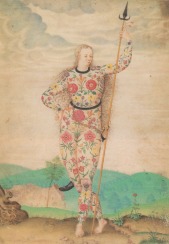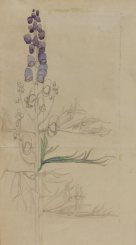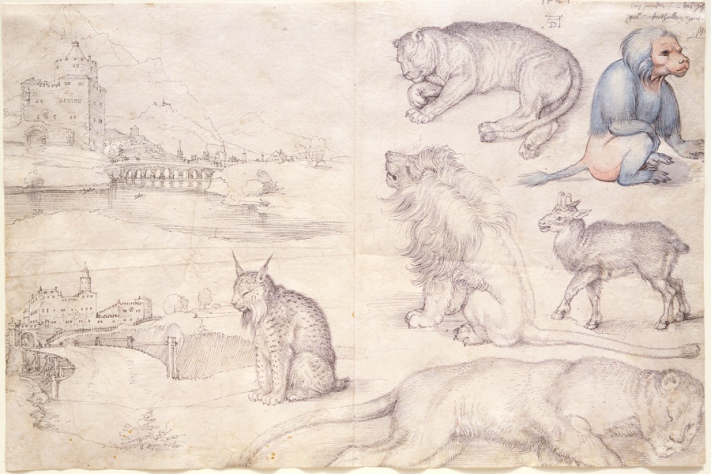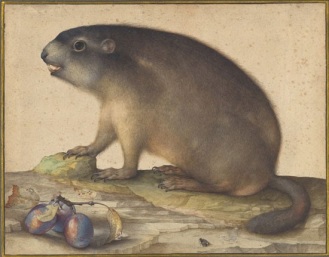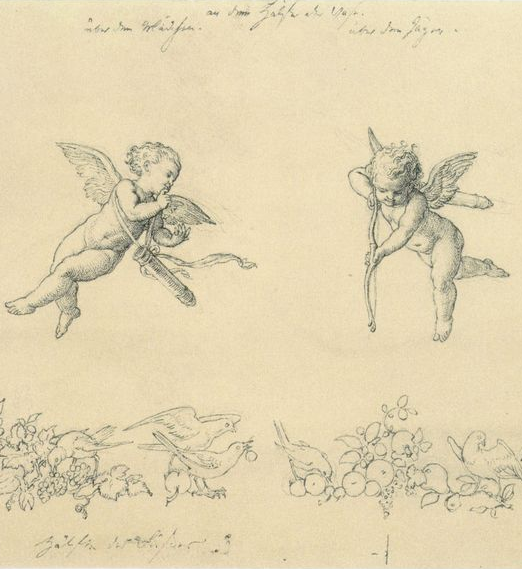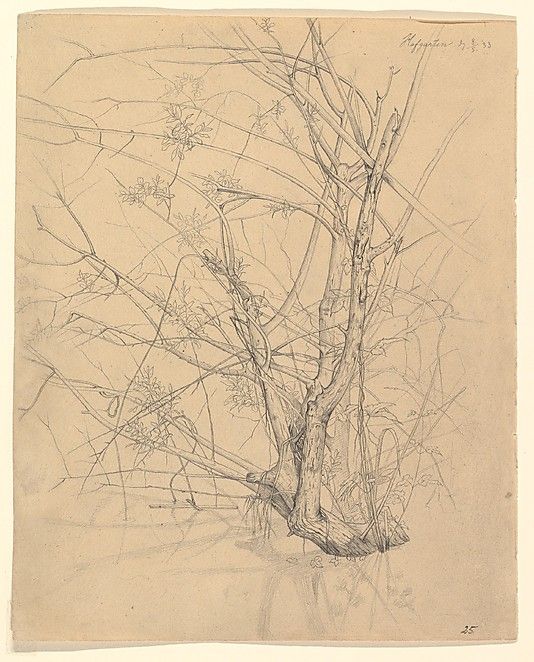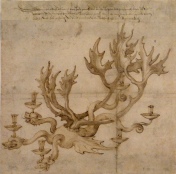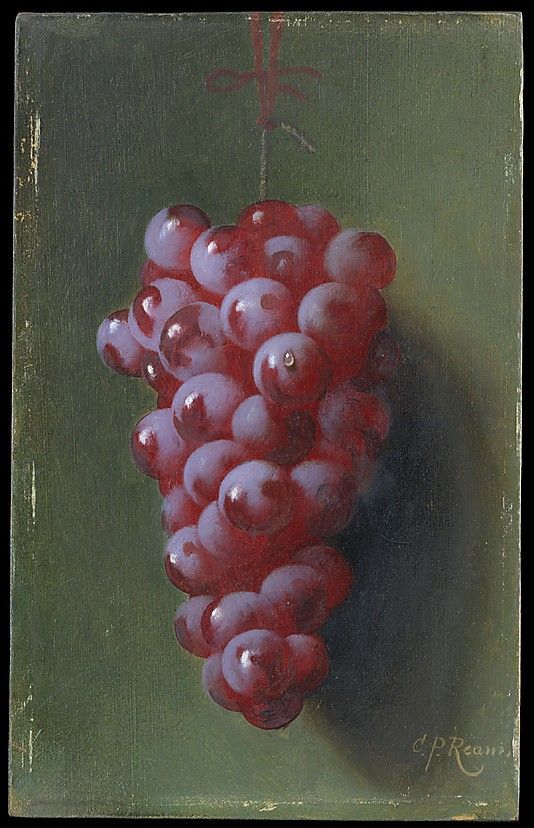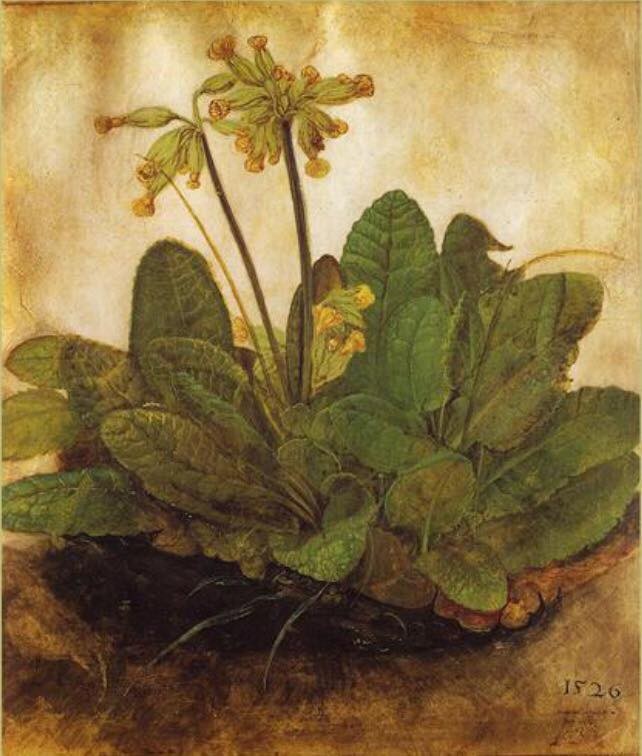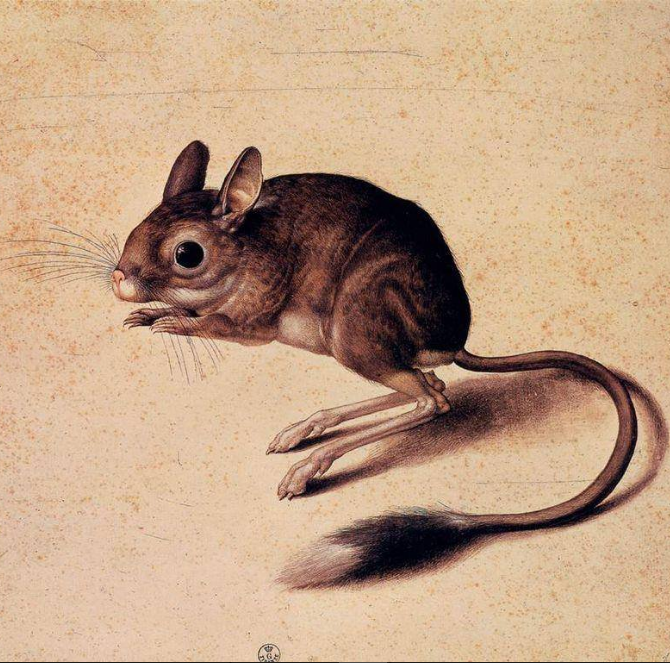 Václav Hollar (1607 – 1677)
Václav Hollar (1607 – 1677)
The Battle of White Mountain
WE are now about to speak of metals, of actual wealth, the standard of comparative value, objects for which we diligently search, within the earth, in numerous ways.
In one place, for instance, we undermine it for the purpose of obtaining riches, to supply the exigencies of life, searching for either gold or silver, electrum or copper.
In another place, to satisfy the requirements of luxury, our researches extend to gems and pigments, with which to adorn our fingers and the walls of our houses: while in a third place, we gratify our rash propensities by a search for iron, which, amid wars and carnage, is deemed more acceptable even than gold.
We trace out all the veins of the earth, and yet, living upon it, undermined as it is beneath our feet, are astonished that it should occasionally cleave asunder or tremble: as though, forsooth, these signs could be any other than expressions of the indignation felt by our sacred parent!
We penetrate into her entrails, and seek for treasures in the abodes even of the Manes, as though each spot we tread upon were not sufficiently bounteous and fertile for us!
IT now remains for us to speak of stones, or, in other words, the leading folly of the day; to say nothing at all of our taste for gems and amber, crystal and murrhine vases.
For everything of which we have previously treated, down to the present Book, may, by some possibility or other, have the appearance of having been created for the sake of man: but as to the mountains, Nature has made those for herself, as a kind of bulwark for keeping together the bowels of the earth; as also for the purpose of curbing the violence of the rivers, of breaking the waves of the sea, and so, by opposing to them the very hardest of her materials, putting a check upon those elements which are never at rest.
And yet we must hew down these mountains, forsooth, and carry them off; and this, for no other reason than to gratify our luxurious inclinations: heights which in former days it was reckoned a miracle even to have crossed!
Gaius Plinius Secundus (AD 23 – August 25, AD 79)
tr. John Bostock, M.D., F.R.S. (baptised 29 June 1773, died 6 August 1846)
Henry Thomas Riley (1816–1878)





